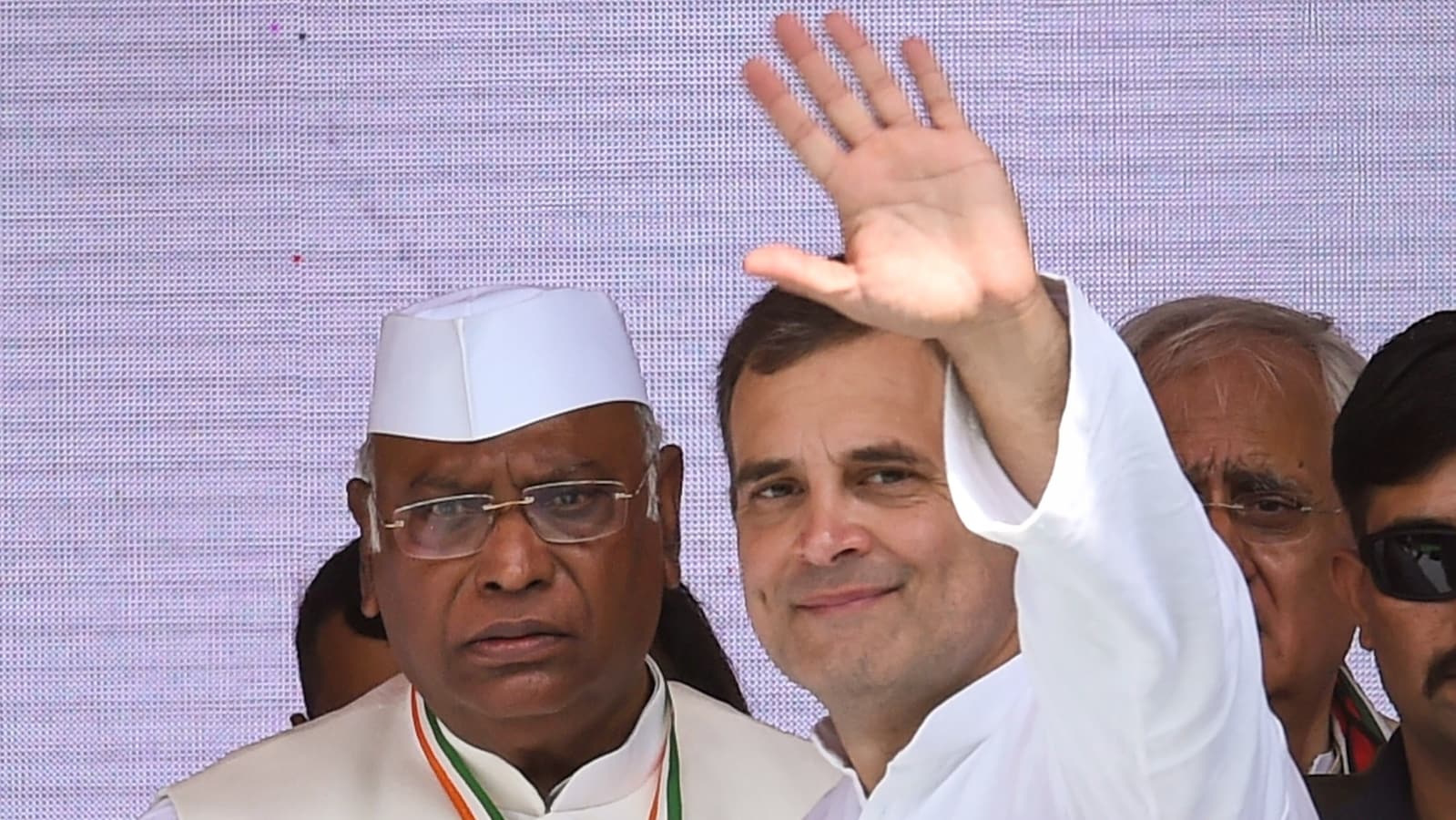As India goes into overdrive on renewables in a world threatened by pollution and the climate crisis, it would be wise to use its presidency of the G20 to push for women’s representation in the renewable energy sector. According to reports from the Centre for Environment and Energy (CEEW), while women are entering the solar energy field, in the area of construction and commissioning of solar rooftop projects, women constitute just 3%, and, in operations and maintenance, a mere 1%.

Policymakers, therefore, have to work to advance gender parity in this field. The much-vaunted Skill India scheme should focus on courses to improve women’s participation in clean energy, both in the workforce and as entrepreneurs. The skilling ecosystem should be based on gender-specific strategies for improving women’s representation in green jobs. Higher-level policies and institutes should focus on improving existing skilling programmes to ensure women’s participation by providing online courses and career guidance. This can play a critical role in creating employment and entrepreneurial opportunities for women, both in rural and urban areas.
Shalu Agarwal, senior programme lead, CEEW, says, “To build a climate-resilient economy, India needs to undergo multiple sustainability transitions, be it transitioning to sustainable irrigation and farming practices, using renewable energy to power shops and businesses, embracing clean cooking fuels or energy-efficient appliances, using smart metres for energy budgeting, or opting for an electric vehicle. As users, producers, and guardians of future decision-makers, Indian women have a critical role in these transitions. CEEW’s Powering Livelihoods programme is a perfect example of how empowering women is achieving the trifecta of jobs, growth and sustainability. For India to successfully achieve its climate goals in a just and inclusive manner, it is crucial to look at women as active participants in this journey.”
Part of the reason for the low representation of women in the renewable sector is also their lower percentage in Science, Technology, Engineering and Management (STEM) courses, thereby limiting the trainable talent pool. For effective gender mainstreaming, technology providers and promoters should build their internal capacity to understand the needs, expectations and constraints of women stakeholders and look for pathways that help evolve a woman consumer into a local leader. Many studies have shown that women are innovative when it comes to energy use and conservation, but are given very few tools.
The government — along with civil society partners — should organise meetings and demonstrations where women users can share their experiences and learn of new technologies, which make life easier for them and also contribute to environmental sustainability in terms of energy.
The technologies involved in, say solar energy, are fairly simple but women need financiers, market enablers and support from other private players. One major scheme to bring about cleaner energy specifically for women is the Ujjwala scheme. Now, it has to up the ante and make a concerted bid to bring more women into the renewables sector. It might be worth its while to engage women to create awareness of how crucial it is for them personally, and for the environment at large — in terms of the economy, health and time involved — to switch to renewables. The G20 presidency with its focus on the climate crisis, clean energy and women-led development, is the right platform to push this movement.
The views expressed are personal















